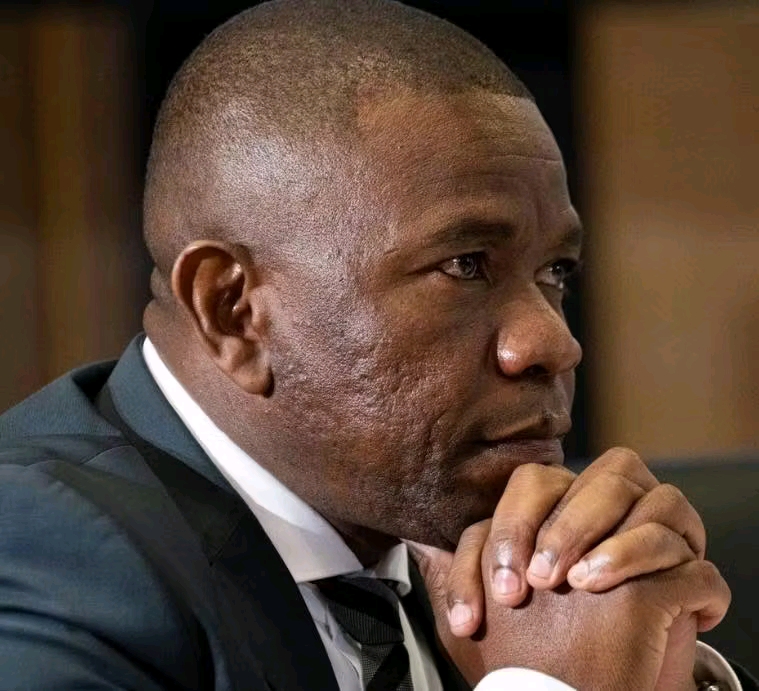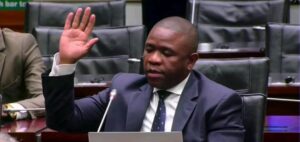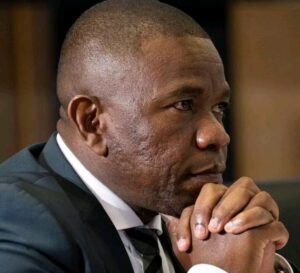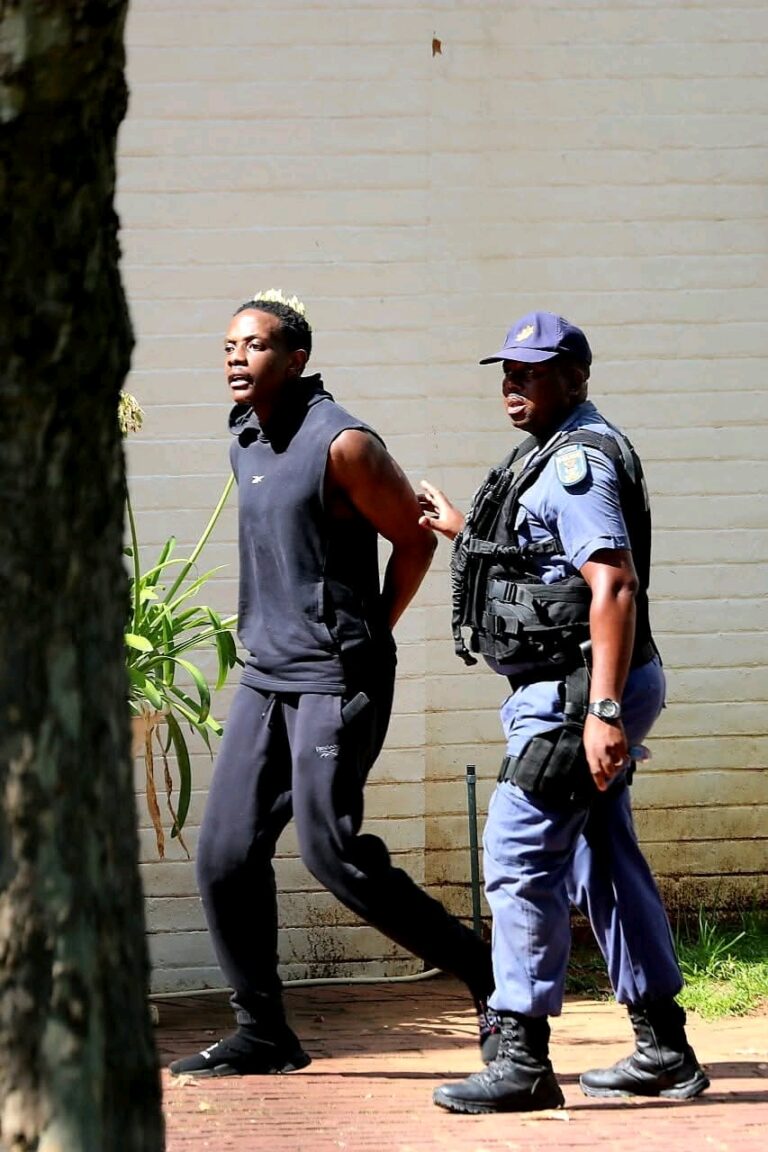
Former KwaZulu-Natal Police Commissioner Nhlanhla Mkhwanazi has questioned the motives behind the recent arrest of General Dumisani Khumalo by the Investigating Directorate Against Corruption (IDAC), describing it as a politically driven operation rather than a genuine act of justice.
Speaking during a press briefing, Mkhwanazi claimed that Khumalo’s arrest had “nothing to do with corruption” but was part of a broader effort to sabotage the work of Crime Intelligence in Gauteng, which Khumalo led. According to him, the arrest was a strategic move to halt ongoing intelligence projects that were beginning to expose criminal networks operating in the province.

Mkhwanazi drew sharp comparisons between Khumalo’s treatment and that of former Eskom CEO Brian Molefe, who was also arrested by IDAC in connection with a R93-million fraud case. Molefe, Mkhwanazi noted, was afforded the courtesy to hand himself over to authorities, appeared in court on the same day, and was granted bail almost immediately.
“Brian Molefe’s case involved millions of rands, yet he was treated with dignity and respect,” Mkhwanazi said. “But when it comes to General Khumalo, who is accused of unlawfully appointing someone earning less than R1 million per year, IDAC decided to stage a dramatic arrest at an airport. The double standards are shocking.”
According to Mkhwanazi, the arrest of General Khumalo was unnecessary and intended to publicly humiliate him. “There was no need for such a spectacle,” he emphasized. “If IDAC truly believed in fairness, they would have invited him to appear in court, just like they did with Molefe. Instead, they waited for him at the airport as if they were dealing with a dangerous fugitive.”
The outspoken former commissioner suggested that Khumalo’s arrest could be linked to internal power struggles within the police and government structures. He alleged that certain individuals felt threatened by Khumalo’s initiatives within Crime Intelligence, which reportedly focused on dismantling organized crime syndicates and exposing corruption at high levels.

“This has nothing to do with corruption,” Mkhwanazi reiterated. “It’s about silencing people who are working to uncover the truth. General Khumalo was making real progress in cleaning up Gauteng, and that made some people uncomfortable.”
The arrest has sparked public debate over the independence and transparency of IDAC, with critics accusing the unit of selective justice and political interference. Many have echoed Mkhwanazi’s sentiments, questioning why some high-profile individuals accused of serious financial crimes receive lenient treatment, while others face harsh, publicized arrests over administrative issues.
As the case unfolds, questions remain about whether IDAC acted within the principles of fairness and equality before the law. For now, Mkhwanazi’s statements have reignited the conversation around political manipulation in South Africa’s justice system — and whether certain arrests are driven by evidence or by agenda.




